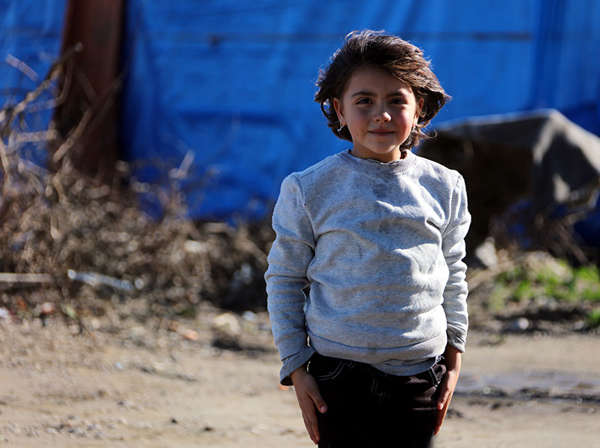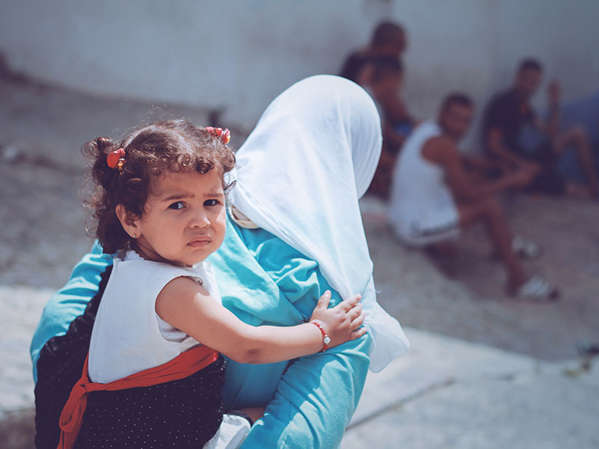Unaccompanied migrant children need temporary homes now
Unaccompanied migrant children need temporary homes now

Become a foster parent for unaccompanied migrant children
If you’ve ever considered becoming a foster parent, the time is now. Unaccompanied migrant children flee to the U.S. for safety. They should be cared for by a family instead of an institution.
Can you become a foster parent to give unaccompanied migrant children a safe, loving home—until they can reunite with family?

Short stay. Long impact.
Imagine facing violence, extreme poverty, unexpected separation from family, gang extortion, or sex trafficking—all before the age of 12. That’s the reality for many unaccompanied migrant children coming to the U.S without a parent or guardian to keep them safe.
As a foster parent, you'll provide a safe, temporary home for a child until they can be reunited with a family member.
If your family is flexible, patient, and willing to provide emotional support, you would make an ideal foster caregiver.
Find a short-term immigrant foster program near you
FAQs about short-term immigrant foster care
What is short-term immigrant foster care?
Short-term immigrant foster care—also known as "transitional foster care"—provides a safe, temporary home to unaccompanied migrant children while we pursue their reunification with family in the U.S.
Do I have to speak Spanish?
No. While bilingual parents make fantastic foster parents, it’s not required that you speak another language. Bethany provides translators and interpreters to ensure the kids in your care receive the support they need.
How old are the kids?
Most children in this program are ages 12 and under. In some areas, we also place adolescent mothers with young children in short-term foster homes.
How long does a child need care?
A typical stay is about 1–2 months, but may be more or less depending on the child’s and their family's needs.
Where do the children come from?
Children needing transitional foster care are fleeing community violence and unsafe conditions in Central America, with the most common countries being Guatemala, Honduras, and El Salvador. However, unaccompanied migrant children may also flee violence from other countries, and the U.S. is their first country of asylum.
Do I need to be licensed?
Yes. Bethany provides a fully integrated program, including licensing and training, case management, a daily educational curriculum, and primary and behavioral health support.
What’s my role as a foster parent?
Foster parents are asked to provide a safe environment and a loving home for a child during a difficult life transition. Foster parents provide transportation to and from school, emotional support, and serve as a valued member of our treatment teams that help to assess and meet the needs of each child. Foster parents may also help the child stay in contact with family while we pursue reunification with family in the U.S.
The journey of an unaccompanied migrant child
Unaccompanied minors at the border: What’s happening and how you can help
UNACCOMPANIED CHILDREN NEED SAFE AND LOVING FOSTER HOMES NOW.
Addressing questions and concerns about unaccompanied children and transitional foster care
We believe children need to be in homes, not detention centers.
A place of welcome: transitional foster care as an extension of biblical hospitality
When children arrive at the U.S. border without any parents or guardian, they are detained for a period of time by U.S. border patrol while they are processed.
Migrant children urgently need homes
Will you give an unaccompanied migrant child the temporary home they need?
